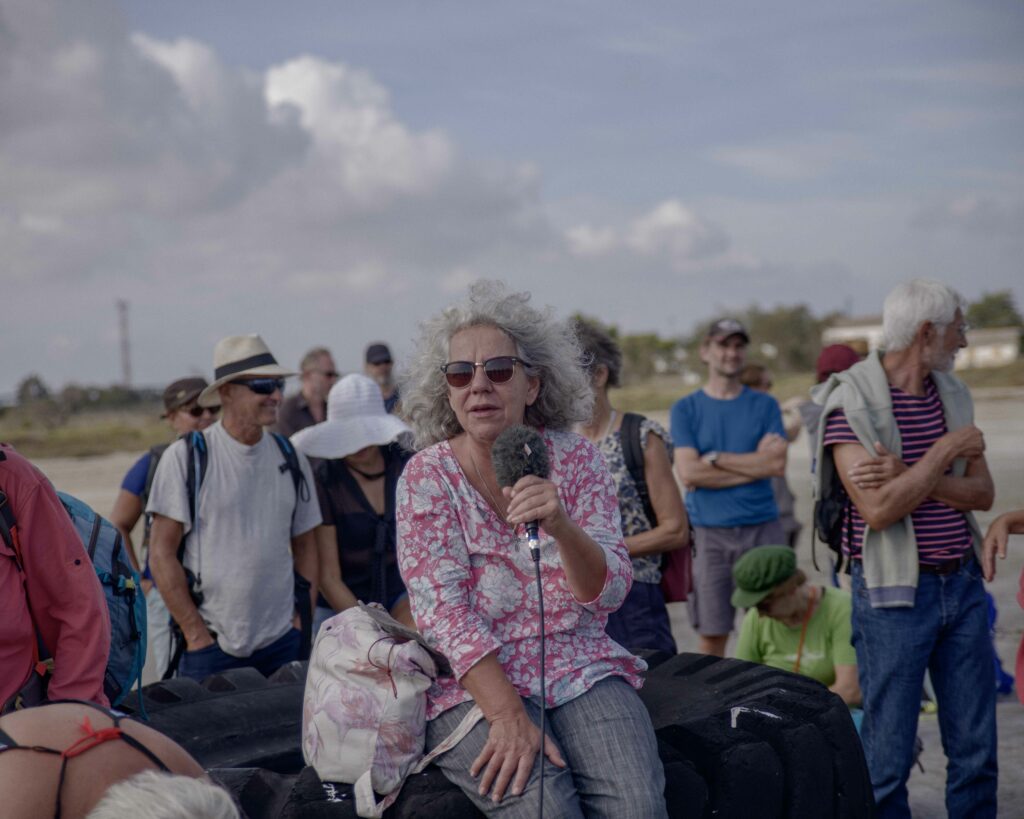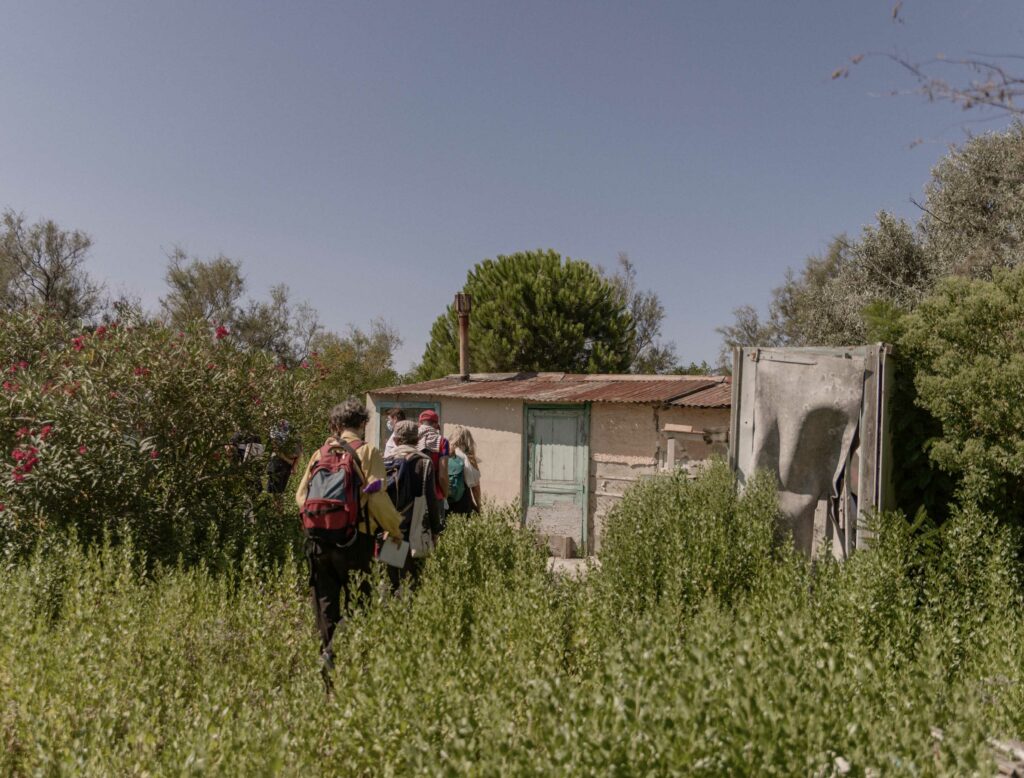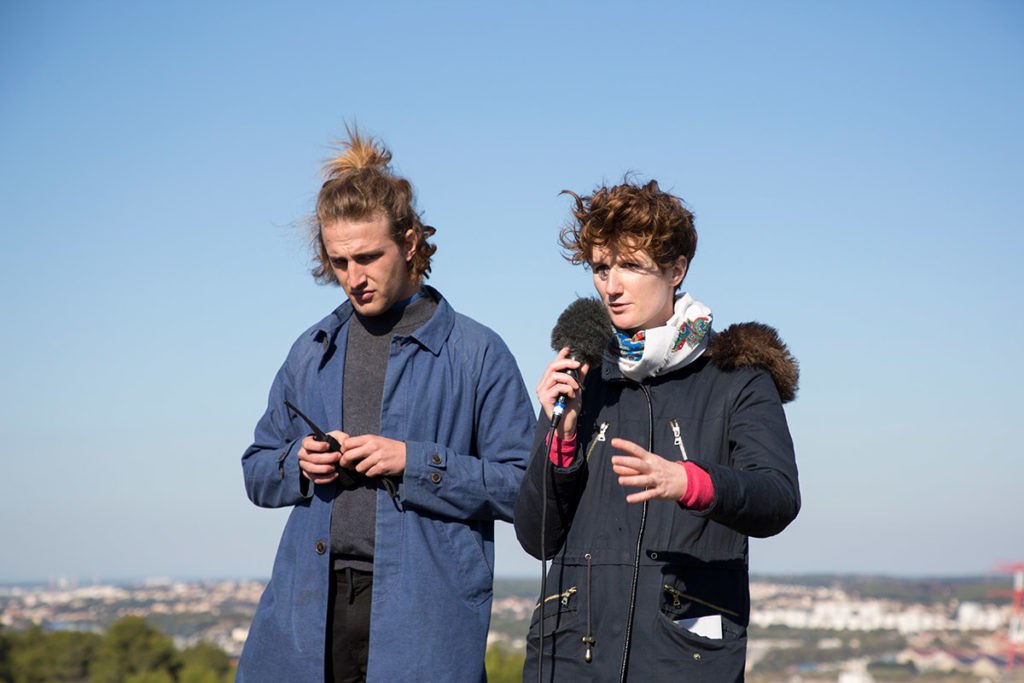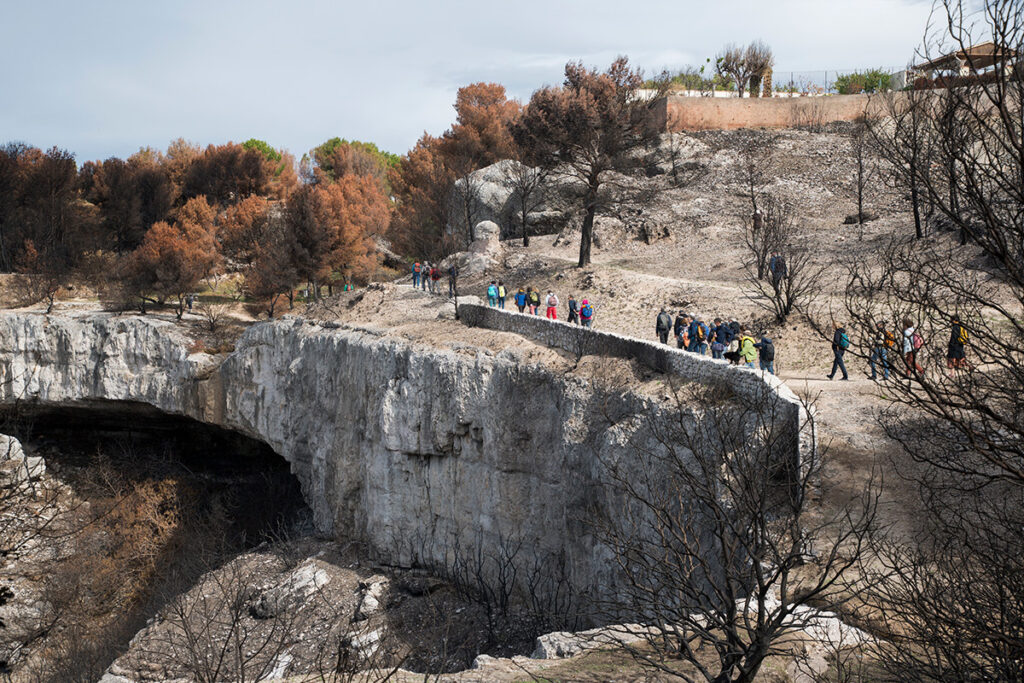Sociologist of polluted territories
Christelle Gramaglia has been a sociologist at INRAE Montpellier since 2007. She holds a doctorate in socio-economics of innovation (sociology), obtained at the Ecole des Mines de Paris in 2006. The same year, she did a post-doctoral fellowship at the Max Planck Institute for the History of Science in Berlin.
Since 2021, she has been authorized to lead research. Her HDR thesis, entitled “Pollutions, altered lives and new chemical socialities” should be published in 2022. If she continues to work on the construction of knowledge on pollution, from measurement and observation, she now devotes part of his time on the question of the rehabilitation of environments damaged by productivism: brownfields and rivers.
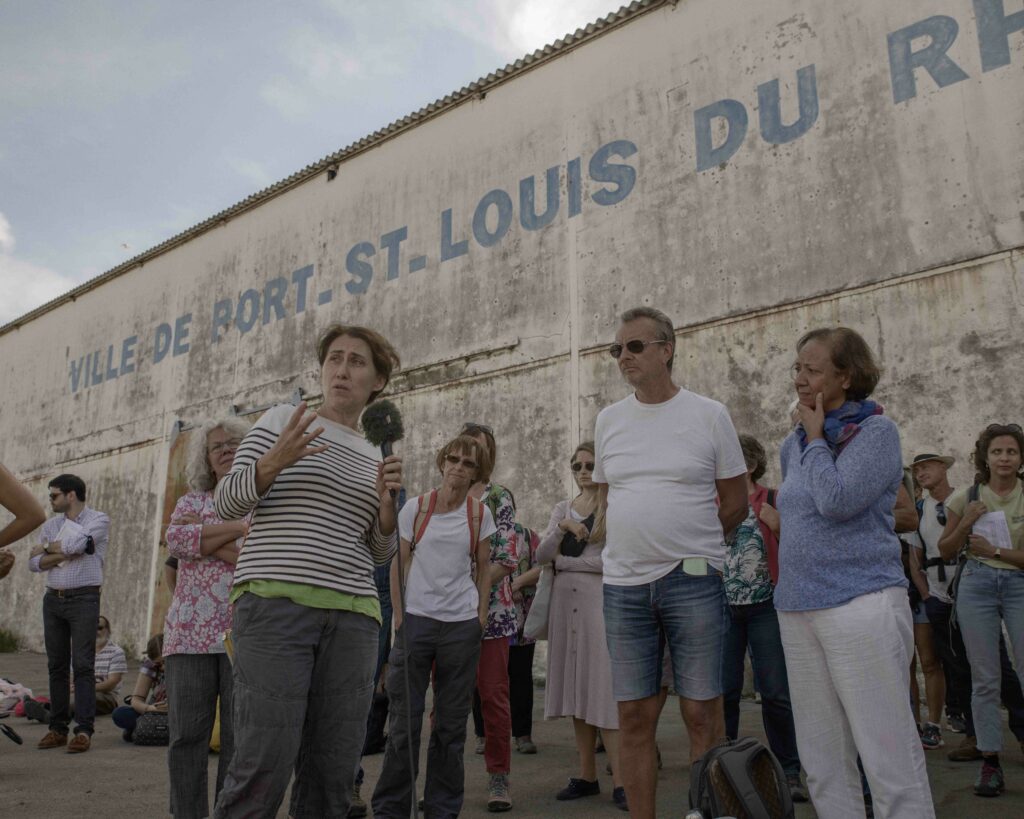
© Benjamin Bechet - S'exposer au vent, 2021
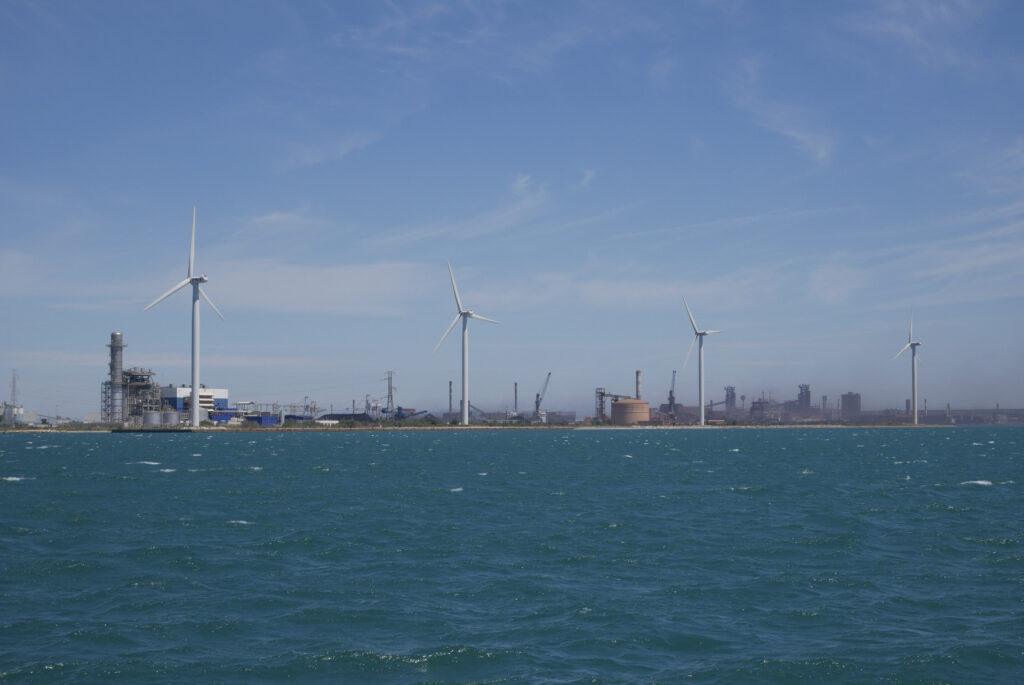
© Benjamin Bechet - S'exposer au vent, 2021


